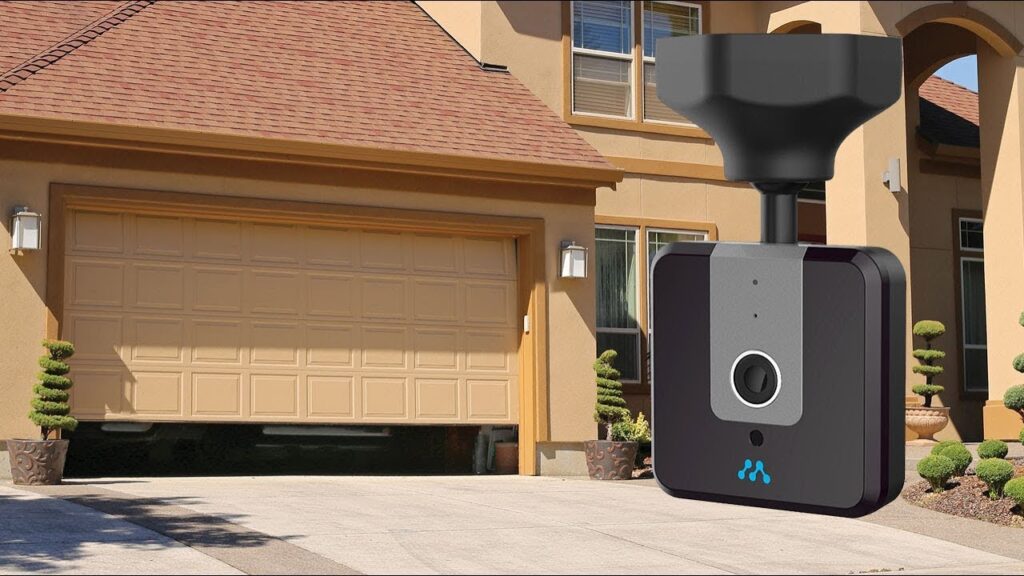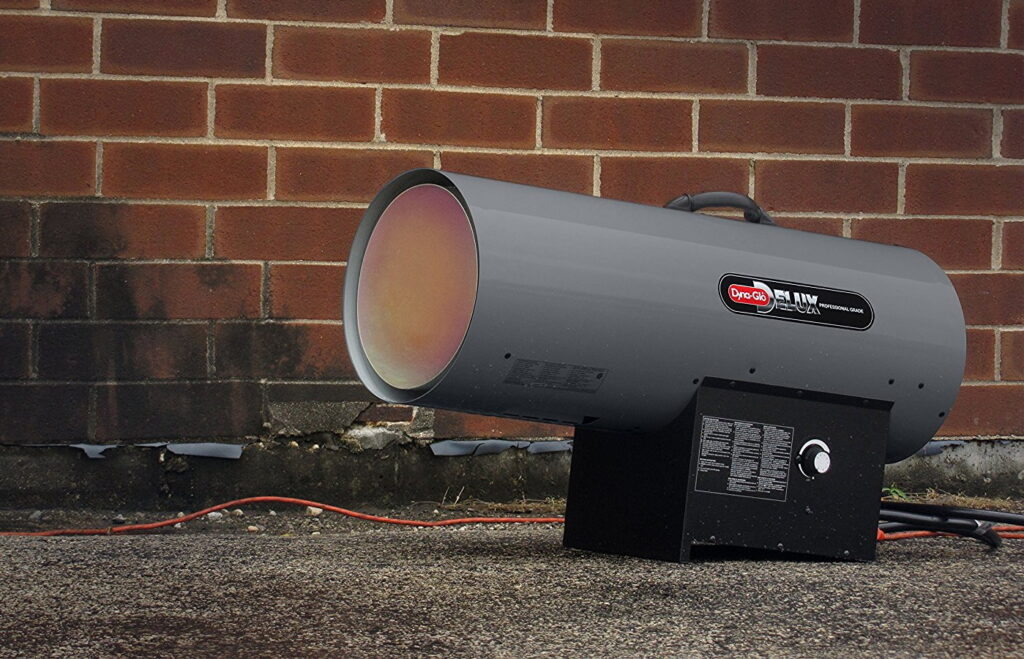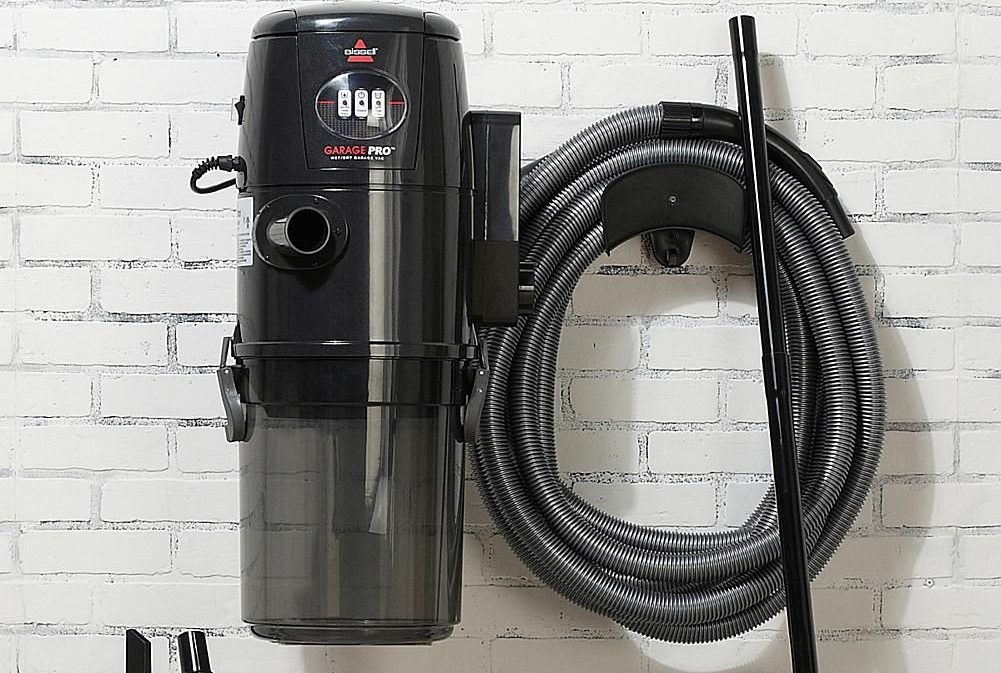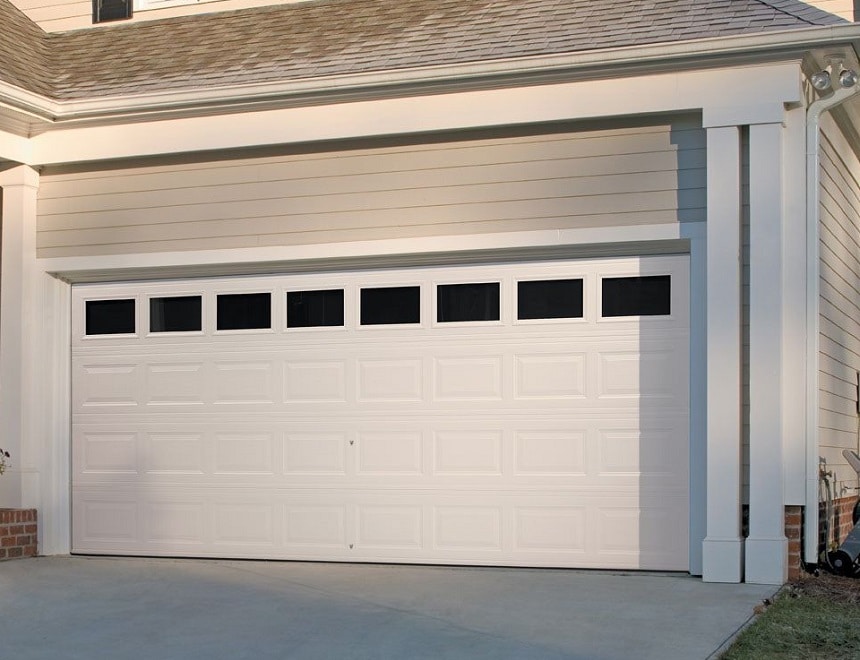If you have a noisy garage door, you might be able to ignore it when you’re all alone but does it cause you embarrassment when others are around, or does it creak ominously following every gust of wind? Worse, does it send you flying out of bed when you hear the sound at night? If it does, you need to do something about it. Here is how you can make your garage door quieter.
Before you get started, though, the first thing you need to accept is that soundproofing your garage doesn’t guarantee that the doors wouldn’t make much noise when opening or closing. As such, don’t blame the soundproofing if your garage doors are still not operating within acceptable sound levels. Instead, put on your work gloves and prepare to expand your all-around handiness as we explore numerous ways to make a garage door quieter.
Thanks to the variety of problems that could cause your garage door to be noisy, there are equally various things that could be done to take care of the noise problem. If you have an ear for this sort of thing, you might be able to isolate the cause or causes of the noisiness. However, if you don’t have such an ear, the following options should fix your problem, and you can try them out in any order you wish.
It wouldn’t be unthinkable for the repair to the garage door to take more than a day. You can use this potential delay as an incentive to purchase a garage alarm for extra security.
Generally, insulation is usually considered to control the temperature of the garage and trap heat within the space. This might be required when the garage is being used as a workshop, store, or room of sorts, which would require the door to be constantly opened and closed.
It should, however, be noted that insulation can help in reducing the noise produced by a garage door. Most garage doors are made from steel because of their durability and ease of maintenance but still carry vibration, which results in more noise. Insulating the door can significantly reduce the noise produced when the door is used. Read up on the types of insulation that you could employ or contact an expert for advice.
Another possible source of noise from garage doors is loose bolts, nuts, or screws. If your garage door is guilty of making rattling noises or even a little vibration when you open or close it, one of these might be the culprit.
To take care of such a problem, check every nut, bolt, and screw on the garage door to ensure it is properly tightened. If, after doing this, the door isn’t quieter, you should check out other options on this list.
Naturally, it is advised that you lubricate the moving parts of regularly used doors at least twice a year. The same goes for garage doors, and failure to lubricate regularly leads to more friction that is okay, wear and tear, and consequently more noise. To keep the door operating smoothly and with little noise, you should lubricate the following parts:
Many garage doors make a lot of noise when rolling up their frames, and this noise could be greatly reduced by making changes to the rollers on the garage door. The rollers might make a lot of clanging, rough noises when they move within the track and, while these could be lubricated for smoother operation, changing the rollers to ball-bearing nylon rollers could do more to help the noise problem.
This method involves replacing the spring system that came with your noisy garage door. Most times, the spring system is an extension spring system, and you should be looking to change this to a torsion spring system.
However, doing this could be potentially dangerous, and, as such, the best way to go about it is through a professional. The entire process of fixing or replacing this spring system can result in accidents and serious injuries.
Some of the best garage door openers usually utilize a quieter mechanism and are designed to make as little noise as possible while maintaining convenience. Changing your door opener to reduce noise doesn’t mean you have to abandon the convenience of a Wifi garage door opener as there are brands that offer both reduced noise and remote-controlled or wireless function. Based on reviews, a widely recommended garage door opener is the Chamberlain Group C870 Smartphone-Controlled Garage Door opener.
Whether or not you’re using a door opener that has been advertised as quieter and less noisy, pairing the garage door opener with a door silencer could make it even quieter. All garage doors still produce vibrations (no matter how little), and these vibrations travel up the ceiling joists, disturbing whoever is in the room above.
To avoid these vibrations and their uncomfortable effects, the garage door silencer works by decoupling the door opener from the ceiling and uses up the sound energy produced from the vibration of the door before it even gets to the room above.
While being raised, garage doors make a lot of noise due to their opening mechanisms, but while closing, they tend to make just as much noise (if not more), with a slamming noise to end the motions. Many of the noise-reducing strategies suggested above would help to minimize the noise that is generated when the garage door is being opened or closed but to eliminate the slamming noise at the end of the closing motion; you would need to replace the bottom seals of the door with better-padded ones that absorb the noise better.
Depending on the closing mechanism of your garage door, the side seals could be just as important, and padding them or replacing them with a padded seal could go a long way to reducing the noise problem you are currently experiencing.
Many people tend to manage the noises their garage doors make and live with them. But you don’t have to be ‘many people’; you can get yours modified to help minimize the noise and make for a more comfortable function.
However, while you can make many of these modifications yourself, some of them are best left to a professional, and you would do best to contact such a person when they are needed. Even knowing how to make the garage door quieter doesn’t necessarily qualify you to attempt some of these modifications yourself.
A safer option is replacing your noisy garage door opener with the Genie ChainMax 1000 Garage Door opener, which has been proven to be reliable and quiet.





